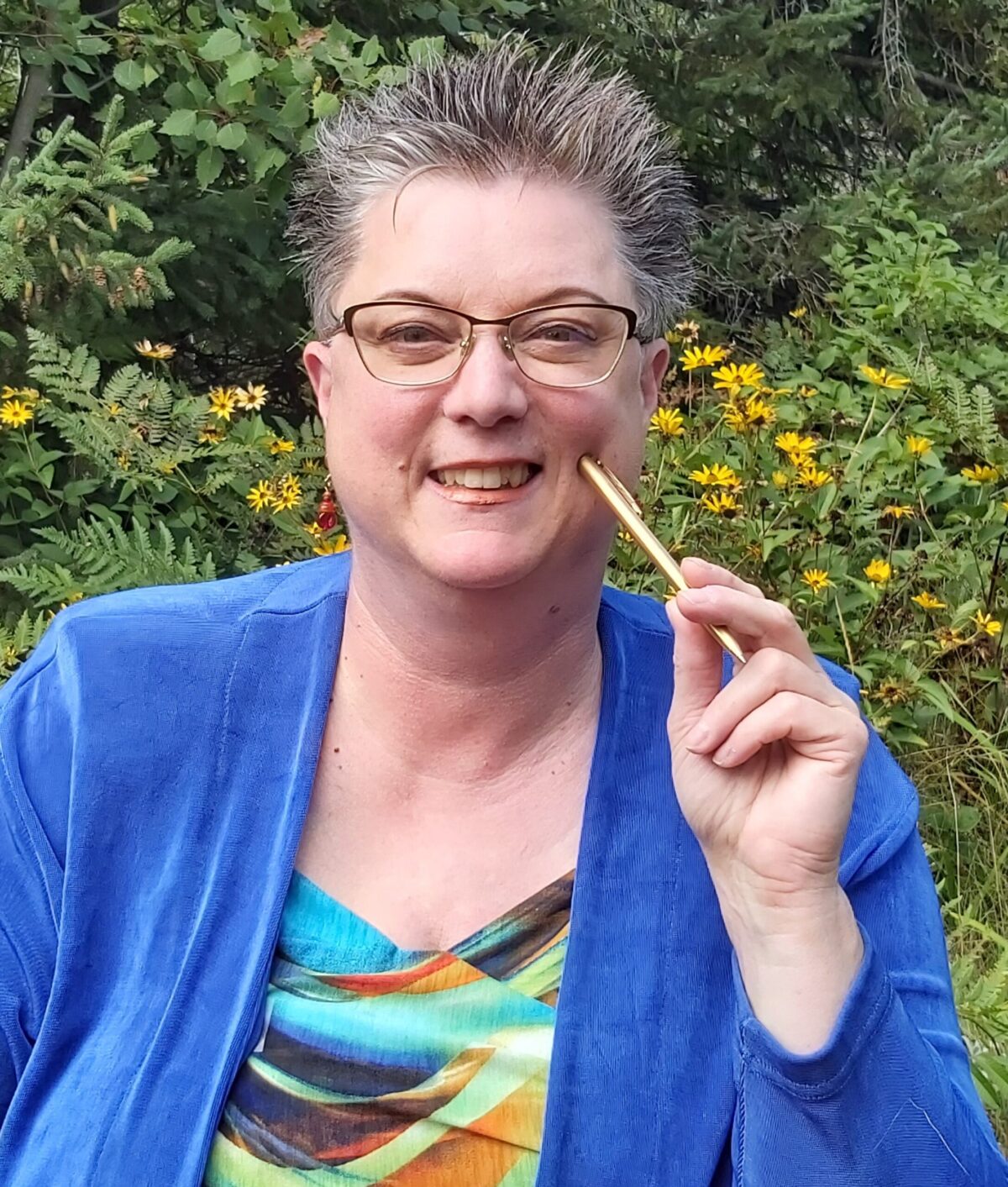Shock, frustration, and déjà vu.
That’s what I felt, learning my 17-year-old nephew, Brendan, had been diagnosed. After I had lost so many family members and friends to “The Big C,” the news felt like a punch in the gut. How could this star athlete, honor roll student, and talented musician have cancer?
Suddenly, my brother Neal and his wife, Rose, belonged to a club they’d never asked to join. With Neal’s permission, I’ve included some of his personal experiences. Sometimes his angle is a bit different from the general tips I’m about to share, which importantly shows that…
No Two Cancer Journeys Are the Same
1) Dropping off healthy meals: For physically and emotionally exhausted family members, meals can bring a sigh of relief. Gone are the worries about time, cost, and hassle of prepping or purchasing food.
Setting up a delivery schedule among supporters can be helpful, using something as simple as a free, color-coded online calendar that makes it easy to see who’s signed up to do what, when.
On the flip side: Neal and Rose preferred not to receive meal delivery. With unpredictable sleep schedules, they were concerned that door knocking might disturb precious zzzzs. And who knew what food Brendan could tolerate on any given day? Instead, they appreciated restaurant gift cards, for a quick meal en route to treatments.
2) Financial support: Cancer brings high health care costs and often a loss of income; it’s estimated that in as many as 1/3 of families, one parent leaves a job in order to be a caretaker.
Neal and Rose, living in a close-knit community in Ontario, Canada, were grateful to receive proceeds from a silent auction, a plant sale, a play, and a barbecue. Donated gas cards were a lifesaver too, because most of Brendan’s treatments were a 2–3 hour drive away.
Neal and Rose’s self-employment was a double-edged sword. It allowed them the flexibility to accompany Brendan to treatments, care for him at home, and spend copious hours researching on the net, but it also meant that when they didn’t work, they didn’t get paid. They had no sick leave, health benefits, or paid personal days off.
Thankfully, Child Can helped cover some travel expenses. Cancer.net offers information on financial assistance in the US.
3) Verbal support: Some people say that we have one mouth and two ears for a reason. Listening is a caring way to learn a parent’s concerns and needs. For those who want to help but don’t know what to say: questions are the answers. Just ask!
Consider saying: “I can’t imagine how you must feel. I’m here to talk when you’re ready,” “I’m thinking of you,” or “What errands can I help you with?” (rather than “Let me know if you need any help”).
Some parents don’t feel comfortable asking for help, so instead of asking an open-ended question, it can be beneficial to be more specific. For example:
- “Can I babysit your kids or take them out for a fun afternoon?”
If the family has other children, having another adult pay attention to them can help them feel special. An afternoon diversion could be just what the doctor ordered!
- “Would you like me share a health update this week?”
With the family’s permission, taking this task off their list can be a real time-saver. They may opt to have one person be the messenger who keeps others in the loop— by phone, email, or social media.
- “How are you feeling today?”
A shorter time frame like “today” or “this morning” can reduce anxiety and make the answer more manageable.
Some acts of kindness that stood out for Neal came from their neighbour, who snowplowed their laneway [driveway] and cut their grass — welcome sights to come home to, after long treatment days.
At Brendan’s funeral, well-meaning people made comments like: “Well, I guess God needed another angel,” “Everything happens for a reason,” or, “I know how you feel – my dog just died”.
As far as Neal is concerned, no one knows what it’s like to have a child die, unless they’ve had it happen to them. Instead, you might say:
- “I’m so sorry. It’s just not fair.”
- “I wish I could take your pain away.”
- “What would feel healing or helpful to you right now?”
- “Tell me about your wonderful child.”
4) Spending time together: Supporting the normal family routine and treating the child the same way as you did before their diagnosis can provide comfort during a frightening time.
For Neal and Rose, making lasting memories was a huge priority. They didn’t spend much time on life and death conversations, because, in Brendan’s words: “I’m too busy living, to worry about dying.” His final months included rock concerts, an inspirational valedictorian speech, trips to France, and even a guitar from the Make-A-Wish Foundation!
Medical appointments became mini-holidays, with hotel stays and meals at Brendan’s favourite restaurants. (For families needing accommodation for out-of-town cancer treatments, hotels sometimes offer a discount rate.)
And to keep a sense of normalcy, Brendan spent his final weeks at home in palliative care, surrounded by loved ones, pets, and his favourite music.
Throughout this journey, my family and I learned valuable lessons. I hope that the sharing of these stories and advice will strengthen you when supporting others.
Want to keep connected to The Conversation Project? Sign-up for our newsletter(s), follow us on social media (Twitter, Facebook, Instagram), download our conversation starter resources and feel free to reach us at ConversationProject@ihi.org.

